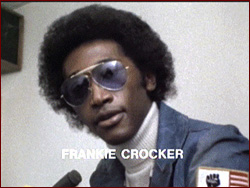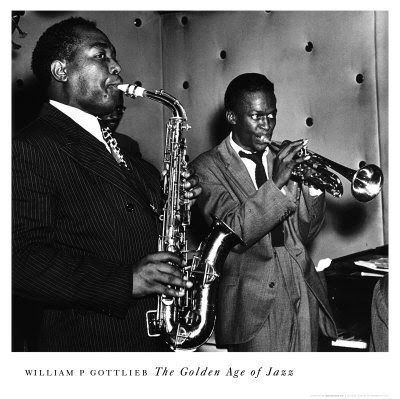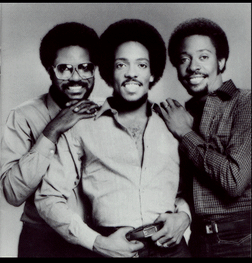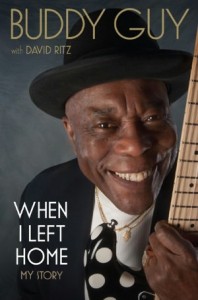Guns & Drums: The Power Of The Drum
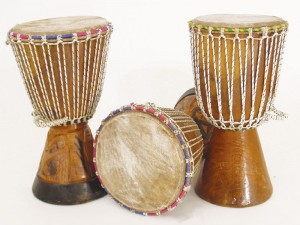 “It was the slaves’ day off. About twenty of them of things rolling on Sunday, September 9, 1739, breaking into a warehouse less than twenty miles south of Charlestown, South Carolina, grabbing guns and powder, and shooting sentries that got in their way. They were African born, with memories of life in the Kingdom of Kongo (modern Angola, Cabinda, and the Republic of the Congo). Many were former Angolan soldiers. Now they were soldiers once more.
“It was the slaves’ day off. About twenty of them of things rolling on Sunday, September 9, 1739, breaking into a warehouse less than twenty miles south of Charlestown, South Carolina, grabbing guns and powder, and shooting sentries that got in their way. They were African born, with memories of life in the Kingdom of Kongo (modern Angola, Cabinda, and the Republic of the Congo). Many were former Angolan soldiers. Now they were soldiers once more.
They marched from the Stono River heading south for Spanish Florida, where other escaped slaves had been granted freedom. Along the way they gathered guns and drums. The cadence they beat on those drums drew more to their ranks, as did their songs and the banners they carried. They shot whites as they found them, spared a tavern owner who had been good to his slaves, and burned plantations. The rebels could not, however, kill all of their tormentors. The lieutenant governor escaped their onslaught and returned with a brigade of planters and militiamen. Outnumbered and having lost the element of surprise, the rebels were defeated by the following Sunday. More than forty blacks and 20 whites were killed in what was called the Stono Rebellion. Stono was the largest slave revolt to shock the colonies in the eighteenth century.
After it was over, the governor of colonial Georgia, expressing his concern over the insurrection next door, filed a formal report to a representative of the Crown:
‘On the 9th day of September last being Sunday which is the day the Planters allow them to work for themselves, some Angola Negroes assembled, to the number of twenty…Several Negroes joined them, they calling out liberty, marched on with colors displayed, and two drums beating, pursuing all the white people they met with, and killing man woman and child…They increased every minute by new Negroes coming to them, so that they were above sixty, some say a hundred, on which they halted in a field, and set to dancing, singing, and beating drums, to draw more Negroes to them, thinking they were now victorious over the whole Province, having marched ten miles & burnt all before them without opposition…’
Dancing, singing and beating drums: a unity expressed in performance. The drums communicated beyond the reach of the voice, and beyond sight. They moved bodies to join in brotherhood.
After the Stono Rebellion, South Carolina stopped importing African-born slaves. Too unmanageable. This hiatus lasted ten years, and when the colony again ventured into ttrade, it avoided slaves from the Congo-Angolan region. Colonial legislators frantically passed the Slave Code of 1740, banning chattel from using or even owning drums. The overall law forbade drums and swords alike, making clear how South Carolina viewed the instrument: as a weapon.
That was how white colonials valued the drum. They had their own tradition of military percussion, and drawing on it, they understood the slave music as a call to war.
But to black Carolinians, the rhythms of Stono meant war and more. Drumming was a way of representing yourself as an imposing force, a way of demanding respect. As historian Richard Cullen Rath puts it, ‘The [Congolese] court tradition, which manifested itself in the drumming and dancing that so intimidated planters, was a means of directly representing and displaying power…[It was] perhaps the original form of broadcasting.’
South Carolina’s ban on drums stayed on the books for over a century, all the way to the Emancipation Proclamation. But, failing to understand the African use of the instrument, the colonial legislature achieved a meaningless goal. The cadence continued by alternate means. One legacy of the Slave Code was the bondsmen found other ways to keep rhythms alive without a drum: Writers of the time record a skill amongst slaves for tapping with different parts of their bodies, hitting the floor and wall with sticks, clicking, banging, and most of all, dancing. That patting, tapping, dancing all flowed into the body as surely as it flowed from it; it was absorbed and passed on to new arrivals. There was a kind of underground flowering after 1740, a sharing of skills that made the drum unnecessary at the same time that it made drumming ubiquitous. Rhythm created community. It brought the news.” -From, “The One: The Life and Music of James Brown” By: RJ Smith
[SIDEBAR: Guns & Drum is a hot name for an album or a song!!]
